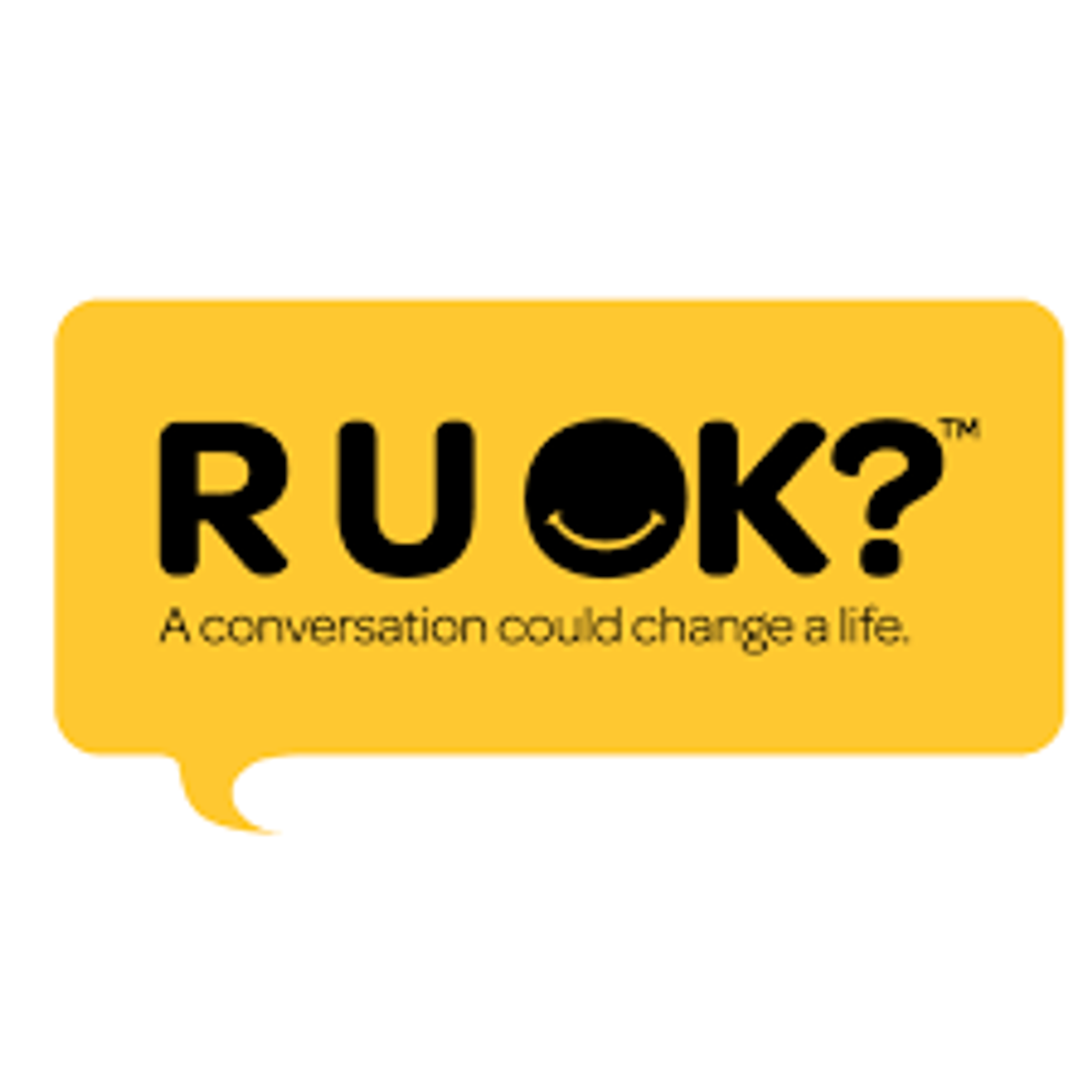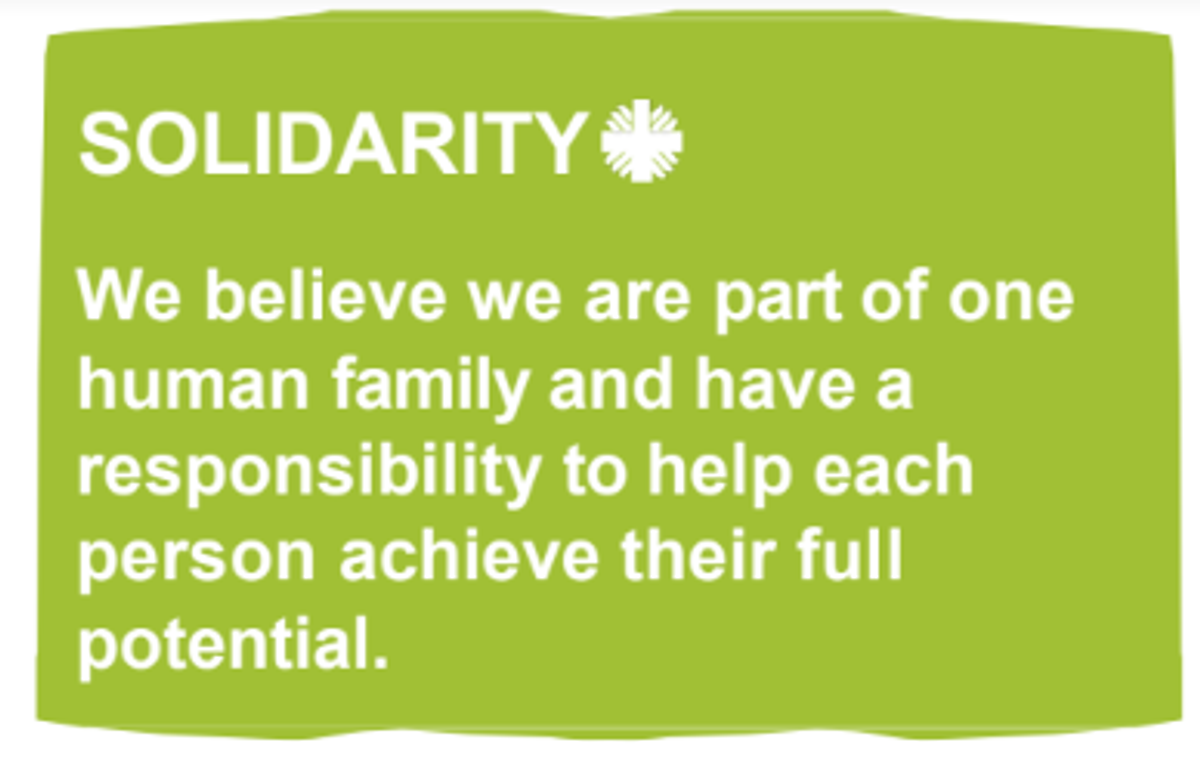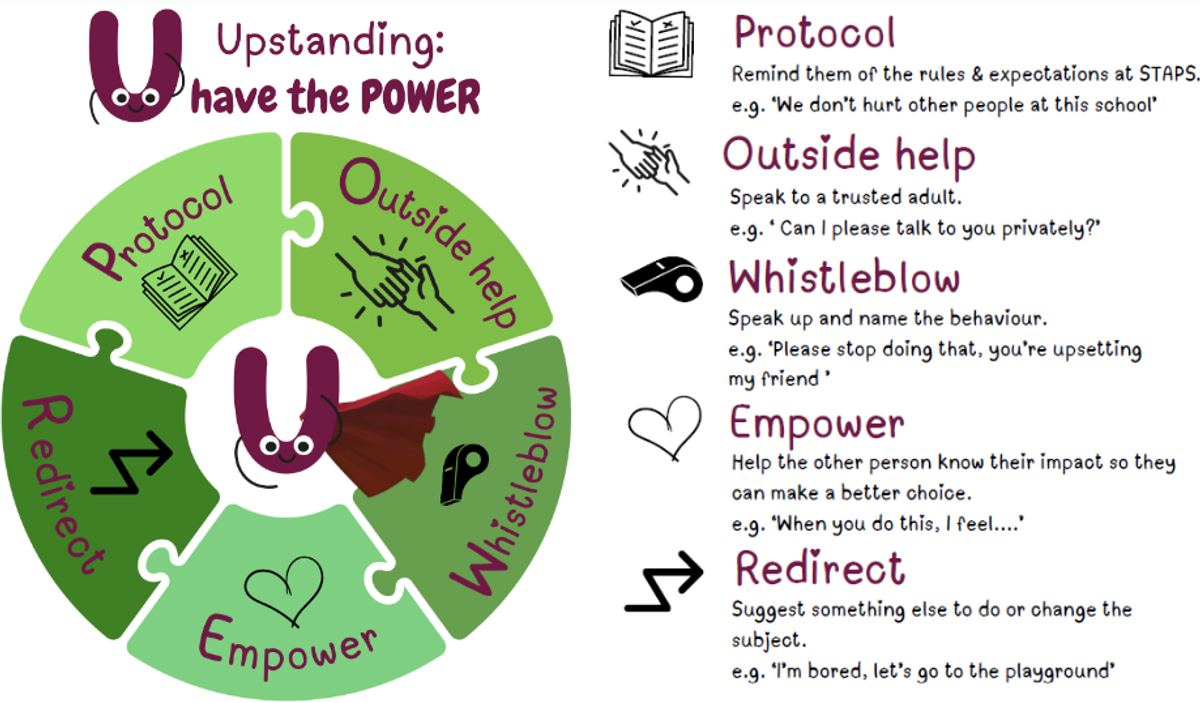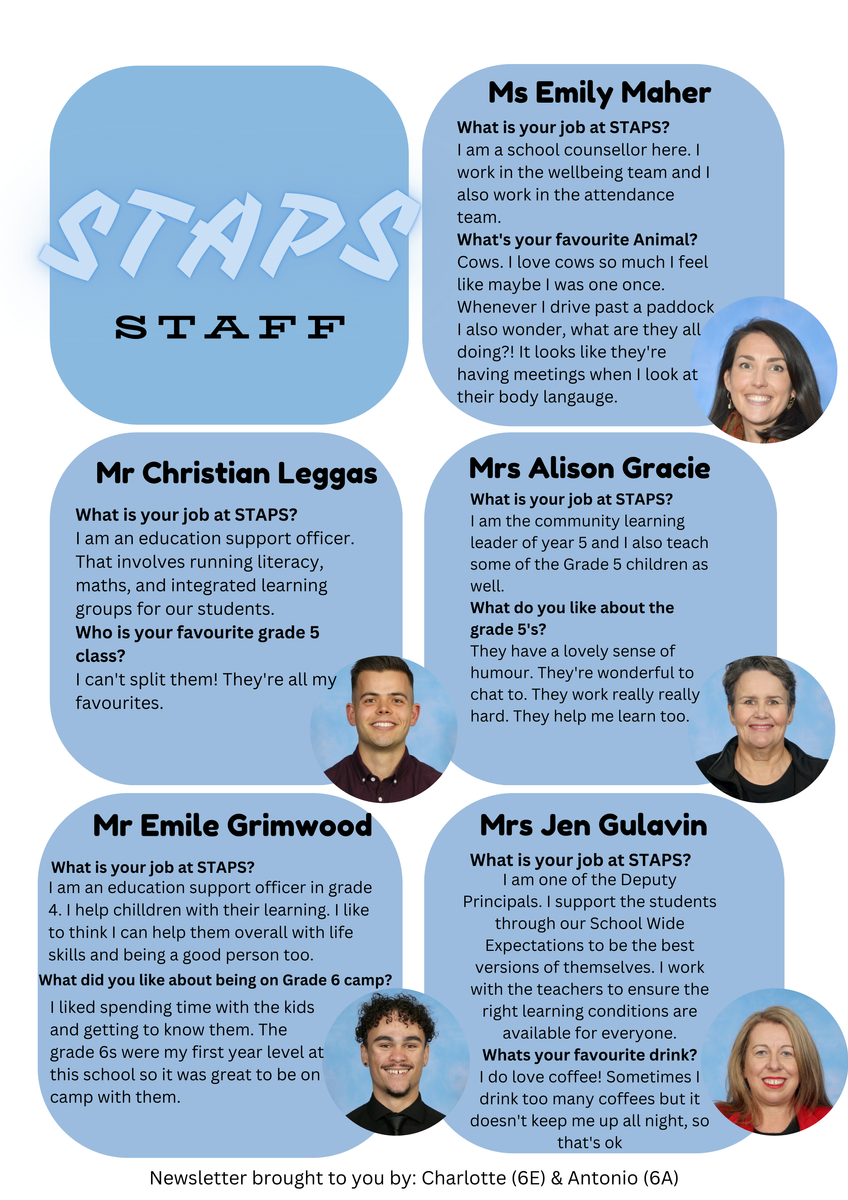Child Safe &
Wellbeing

Child Safe &
Wellbeing


Understanding the growing challenges related to mental health among young people is an important consideration. Anxiety, depression and self-harm - are all causes for concern. Factors like academic pressure, social media, family dynamics, and societal expectations, are contributing to these issues. It's therefore crucial for parents and caregivers to take action early, remove the stigma around discussing mental health, and offer accessible support to address these issues and the wellbeing of their children.
R U OK? Day is an initiative that focuses on preventing suicide by encouraging meaningful personal connections and helping informal support networks to help recognise the signs of distress.
We urge all families to take part, emphasising the value of genuine human relationships and reminding everyone to ask the important question, "Are you OK?"
Engaging in R U OK? Day activities goes beyond the classroom; it's a commitment to our students' overall development. By talking openly about mental health, schools create safe spaces where students feel understood, valued, and supported. As parents and caregivers, you can contribute by fostering open conversations, normalising feelings and breaking down mental health stigmas. Participating in R U OK?Day promotes compassion and shows our dedication to the wellbeing of the entire school community, reaffirming that together, we can truly make a difference.
This Special Report provides guidance on how to talk to your child about mental health and engage in meaningful discussions.
Here is the link to your Special Report https://cranbourneeast.catholic.schooltv.me/wellbeing_news/special-report-r-u-ok-day


At St Thomas the Apostle our strategy to prevent bullying is helping our students understand that each one of them are central to building the right culture in their school. We want our students to understand that they have the POWER to be upstanders for themselves and for others. Being an upstander isn’t always about challenging a person in the moment, sometimes it is quietly getting help from an adult, changing the subject, or letting someone know how they feel. We want our students to be skilled with these strategies so they can navigate social challenges at school and in their future lives.
Last week we shared about the Outside Help and Whistleblow strategies. This week we will share about the final two strategies, Empower & Redirect.


E in POWER stands for: Empower.Empower means giving someone power to do something themselves. We can give people the power to make a change. Students have been instructed;‘Behaviour is communication. When people make the wrong choice, often they’re trying to tell us something. Maybe they’re lonely, angry, sad, frustrated, or seeking a connection with others even if it is a negative connection. If someone is being unkind we can show patience and kindness the way Jesus showed us. We can be very brave and let that person know how we are feeling about their choice. e.g. Roland, I feel scared when you push past me and shove me at line up time.’
This is an example of the Catholic Social Teaching Principle ‘Solidarity’.


Children have also been instructed; ‘Another way to empower someone to make a better choice could be letting them know you are surprised by their behaviour. e.g. Hey Dahlia, is everything ok? You keep making faces at me, I don’t have a problem with you, is there something wrong?’


R in POWER is for Redirect.Children have been instructed;‘If you are in a situation where you don’t feel confident to whistleblow and it’s not the right time to empower someone, you can suggest a change in topic, activity or place. You can redirect your friend or friends to another place in the room or playground or change the topic of conversation.For example you might say;‘I don’t want to play basketball anymore, let’s go for a walk’.‘I need to go to the toilet, will you come with me?’‘I’m thirsty, let’s get a drink’.‘Has anyone seen Inside Out 2 at the movies yet?


It takes resilience and persistence to experience success as an upstander.We want them to know that it might feel tricky the first few times they use these strategies, but they will grow stronger with practice. We are helping our students to understand that problem solving can take time and often multiple attempts.Our students are in the beginning stages of learning about these strategies. As we embed them in our whole school approach it is our intention that our students become confident and capable when faced with challenging social situations.

